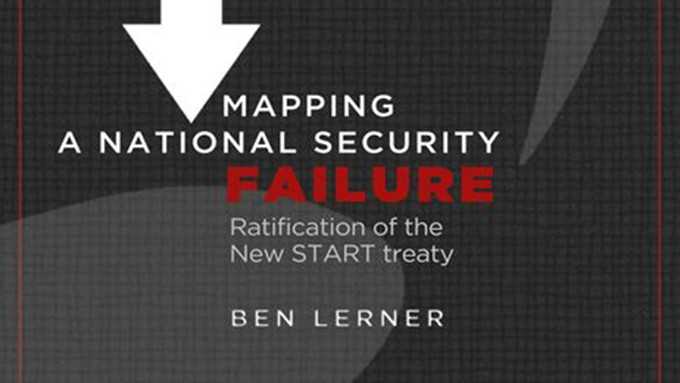Mapping a National Security Failure: Ratification of the New START Treaty

Third, New START did not actually require Russia to reduce its number of deployed strategic nuclear weapons, despite the Obama administration’s repeated insistence to the contrary. While the Russians are no doubt still committed to modernizing their nuclear capabilities, the Russians were already below the New START ceilings for deployed launchers and warheads when the treaty came into force—so much so that the Russian defense minister has stated that Russia will endeavor until 2028 to build up to New START’s strategic launcher limits.[29] Former U.S. Ambassador to the United Nations, John Bolton, described the dynamic this way:
Low and equal warhead limits also ignore the two sides’ disparate, evolving technological and operational capabilities. Since the 2002 Treaty of Moscow, Russia has skillfully used global oil-price increases to upgrade and modernize its warhead stockpiles and delivery systems. In light of its limited financial resources, then, Russia has out-negotiated the Obama administration, by contriving to set treaty ceilings that it can reach, barely, and that actually allow it to increase its total number of delivery systems, substituting newer, more sophisticated platforms for many relics now in service. In stark contrast, the United States has done precious little for decades to modernize its warheads and delivery systems.[30]
Yet when confronted with these assertions, the Obama administration flatly denied that New START required only the United States to reduce its forces. When the issue of whether the treaty actually required Russia to draw down was raised during a hearing before the Senate Armed Services Committee, Secretary of State Clinton responded:
You will find there are, unfortunately, a number of commentators or analysts who just don’t believe in arms control treaties at all and from my perspective are very unfortunately slanting a lot of what they say. This is a perfect example of that, because, as Secretary Gates just pointed out, there would be reductions on the Russian side.[31]
Similarly, when then-Vice Chairman of the Senate Intelligence Committee Sen. Christopher “Kit” Bond stated on the Senate floor that New START would require the United States to draw down its deployed nuclear forces while allowing Moscow to increase its own, the Department of State responded the New START does not require the United States to reduce unilaterally.[32]
Despite these concerns, most Senators were apparently nonetheless persuaded of New START’s stated premise: that the treaty would reduce Russian nuclear weapons and launchers. Had more Senators applied more scrutiny to this premise, the ratification process perhaps would have been halted much sooner, or at least slowed down to a pace necessary for fully informed advice and consent.
- Trump’s Election Was a Win in the Fight to Keep Gitmo Open - January 4, 2017
- NDAA and the Counter-Drone Challenge - December 23, 2016
- NDAA Takes On Counter-Drone Challenge - December 8, 2016
